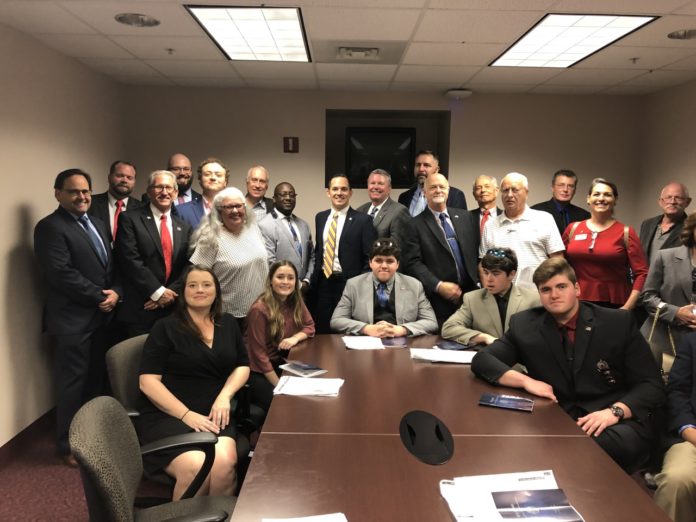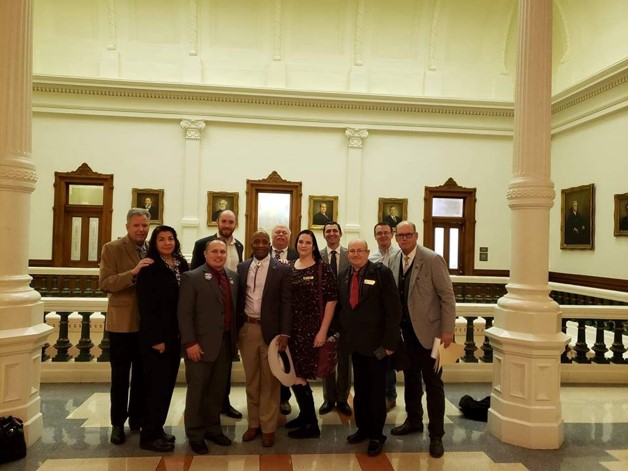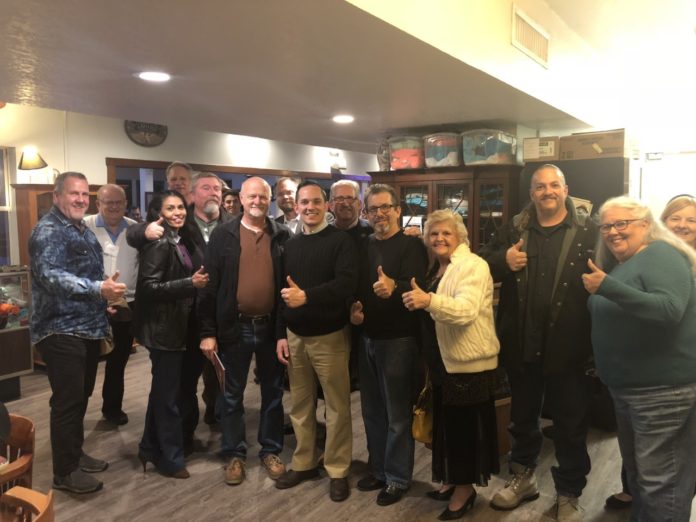The “Audit the Fed” bill has been reintroduced to both chambers of Congress in a joint effort to prevent the Federal Reserve from masking important operating information from Congress. The bill would allow the nonpartisan, independent Government Accountability Office (GOA) to conduct a complete audit of the Federal Reserve Board of Governors and reserve banks within one year of passage and to report to Congress within 90 days of completion.
“The Republican Liberty Caucus believes in free markets for currency and credit, and that no institution should wield the monopoly power of the Federal Reserve,” said Nye. “We strongly support efforts to audit the Federal Reserve in the short term and advocate an end to this institution in the long term.”
“Audit the Fed” would amend section 714b of Title 31 of the US Code and give the GOA the untethered ability to audit; transactions for or with a foreign central bank, government of a foreign country, or non private international financing organization; deliberations, decisions, or actions on monetary policy matters; transactions made under the direction of the Federal Open Market Committee; or a part of a discussion or communication among or between members of the Board and officers and employees of the Federal Reserve System related to clauses (1)-(3) of this subsection according to a report from Sen. Paul.
“The modern-day boom-bust business cycle is caused by the Federal Reserve’s arbitrary manipulation of the credit markets,” said Matt Nye, Chairman of the Republican Liberty Caucus. “In the wake of the 2008 TARP bailouts, the Federal Reserve added trillions to its balance sheet at a rate never before seen in history, while simultaneously holding interest rates at all time lows, thus causing the misallocation of trillions of dollars in capital. This misallocation of capital is commonly referred to as a ‘bubble’, and this latest bubble – the largest ever – is now one of the greatest threats to American economic prosperity we face.”
The Republican Liberty Caucus recommends strong support for H.R. 24 and S. 148 “Federal Reserve Transparency Act of 2019” and recommends supporters relay their support to the sponsors of the bill.










